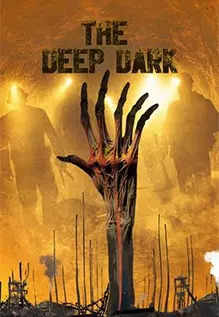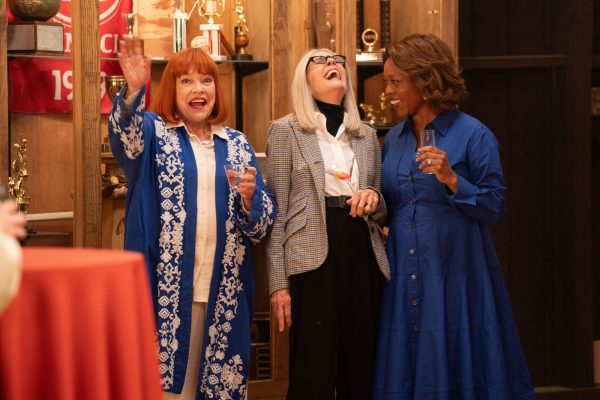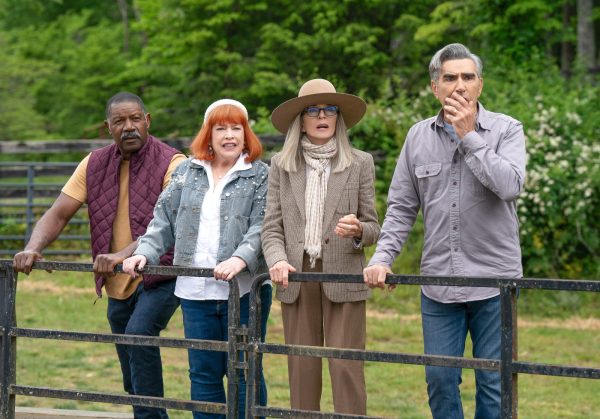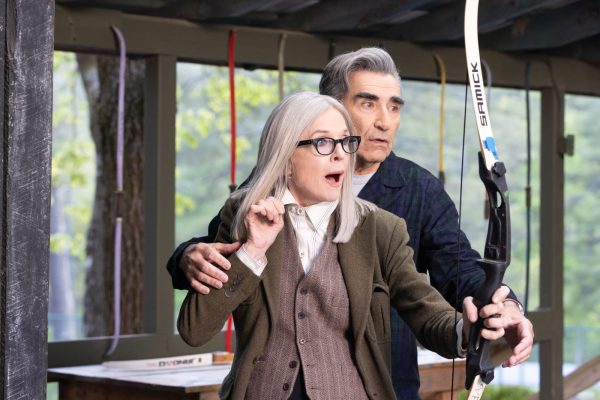A still from Mr & Mrs Mahi. (courtesy: rajkummar_rao)
Cricket and marriage get into an awkward tangle in Mr & Mrs Mahi, a sports melodrama that hinges on action on the field of play and plenty of reaction off it, mostly in the realms of a relationship that runs into tricky terrain.
The Sharan Sharma-directed film is about sport but it segues into a tale of marital discord when thwarted ambitions collide with suppressed emotions. The narrative is unusual to say the least but the treatment is devoid of any major departures from norm.
A man who has never had it easy resolves to help his wife revive and hone the rough-and-ready batting skills she acquired as a girl playing tennis ball cricket with the neighbourhood boys.
Rajkummar Rao and Janhvi Kapoor play the two cricket fanatics who become life partners. When the man fails to earn himself a second chance to make it big as a cricketer, the duo decides to channel their energy and experience into catapulting the lady, a diffident junior doctor in a Jaipur hospital, into the game’s big league.
Produced by Zee Studios and Dharma Productions and written by Sharan Sharma and Nikhil Mehrotra – the combination that created Gunjan Saxena: The Kargil Girl – Mr & Mrs Mahi is, at best, a moderately engaging film that struggles with inconsistent pace.
It is simplistic and superficial in its exploration of sporting achievement and its personal and public spinoffs seen in the context of their repercussions on an apparently happy marriage of two amiable individuals with unresolved daddy issues. The film’s central emotional nub feels stretched.
The story is about a girl is coerced by her dad to give up cricket in order to prioritise her medical education, but the film revolves primarily around the man she marries. The latter is a failed cricketer forced by his domineering father to stop playing the game and join the family’s sports goods shop.
The two dour daddies, played by Kumud Mishra and Purnendu Bhattacharya, are the principal hurdles that Mahendra Agarwal and his wife Mahima Agarwal nee Sharma – the two names are abbreviated to Mahi – have to surmount as they seek to break free from familial shackles.
Cricket gives them courage and binds them but it also threatens to tear them apart. Their fight for freedom and fulfilment also involves coming to terms with success and the rewards that if offers by way of fame and recognition. Coached by her husband, Mahima makes rapid strides and wrests a spot in the Rajasthan women’s team.
With a mix of cross-batted strokes, orthodox off drives and cheeky switch-hits, the lady grabs her chances and quickly overshadows Mahendra. As she basks under the increasing media spotlight, the husband sulks and grumbles. He feels he deserves to be feted as a successful talent-spotter.
Mr & Mrs Mahi, at least parts of it, might have worked better had it stuck to a comic vein of the kind that it strikes when a disgruntled Mahendra makes reels to apprise the world of his role in the late-blooming Mahima’s rapid ascent.
Mr & Mrs Mahi never rises above the humdrum although it does have elements that render it passable as a relationship drama set against the backdrop of cricket.
For one, it does not subject the audience to the incessant babble of blabbermouth commentators and the shrieks and shouts of roaring spectators to drive home the ‘rousing’ impact of the sporting action on the screen.
The film falls back instead on-field chatter and an excitable coach’s instructions from beyond the boundary line as devices to ratchet up the drama and provide additional information on Mahima’s hits and misses.
Because the film focuses on the exploits of a single player, all the others, members of Mahima’s team as well as her opponents, are mere adjuncts thrown in to provide her with a platform to demonstrate her wares.
Off the field, Mahima is demure and tentative. On it, she is dynamite. She has a swing at every delivery that she faces. Hitting fours and sixes comes easy to her. If the ball is in the slot, I hit, she says. She gets struck by bouncers a couple of times. To be sure, she is down but never out.
But no matter how desperately the film tries, the excitement isn’t as intense and infectious as it is intended to be. It is way too easy to anticipate how things will turn out for Mahima and her husband who has a thing or two to prove to his doubting dad. That takes a great deal of the fun out of the proceedings.
The lead actors do their bit to keep us invested in the narrative and the emotions of the two principal characters. Rajkummar Rao, always on an even turf, delivers Mahendra’s recriminations, some directed at his father, others at his wife, with conviction even when the lines that the character speaks are riddled with self-pity.
Janhvi Kapoor’s Mahima does a good job of swaying between indecisive and assertive. She wields the willow like a plucky pro all right, but the marital pulls and pressures that she has to deal with lessen the female power that she is supposed to represent.
Mahima is projected as a lady whose fate is always in the hands of the men in her life – her father, her husband and the women’s team coach, whose impulsive ultimatums keep her on her toes. For the most part, she plays along, resigned to her lot.
When she eventually musters the gumption to say mujhe tumhari madat nahi chahiye (I do not need your help), one cannot but wonder why it took her so long to come to that decision.
That, in a sense, sums up Mr & Mrs Mahi. The film makes the right noises but not before putting the female protagonist through a grind devised by the men around her. And finally, it is not her dad but her husband’s father who has got to be mollified. The girl achieves a great deal but she can be happy only if her hubby and his dad are happy.
What the film conveys is that the female Mahi is incomplete without the male one. The conflicting and convoluted messaging is a mishit that lands nowhere. The result is a feeble gender equality tale that plods its way, exhaustingly at times, to a rather predictable end.
Cast:
Janhvi Kapoor and Rajkummar Rao, Kumud Mishra, Zarina Wahab, Rajesh Sharma
Director:
Sharan Sharma






























/cdn.vox-cdn.com/uploads/chorus_asset/file/25458338/DSC00620.JPG)
